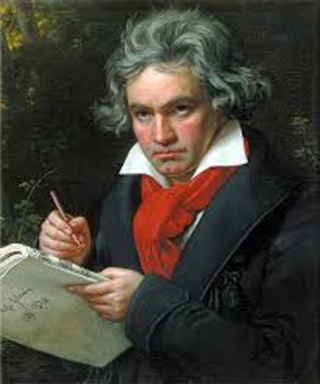1/14/2021 E Lucevan Le Stelle ”And the stars were shining” from Tosca by Giacomo Puccini
- Emi Igarashi / Editor

- Jan 14, 2021
- 2 min read
Updated: Jan 14, 2022

The music selection on January 14 by Burton-Hill is "E Lucevan Le Stelle (And the Stars were shining)” sung by Cavaradossi (tenor) in the aria in Tosca, an opera composed by Giacomo Puccini, which premiered in Rome on January 14, 1900. Opera Tosca is one of Luciano Pavarotti’s favorites and some opera fans (especially women) say that they get teary before they hear it. https://www.youtube.com/watch?v=TU5roitYI1s According to Burton-Hill, "Opera demands exaggerated stories and high dramas. Puccini's Tosca is no exception. Burning emotions are displayed on the stage. The painter Mario, who fell in love with the singer Floria Tosca, was involved in a complex plot (desire, betrayal, the course of a normal opera). In the third act, Cavaradossi sings this aria, while he is waiting for his death sentence. He has just been told that he has an hour to live.

Svanì per sempre il sogno mio d'amore
(My dream of love has vanished forever) L'ora è fuggita, e muoio disperato!
(That moment has vanished, and I die in despair!) E muoio disperato!
(And I die in despair!) E non ho amato mai tanto la vita, tanto la vita!
(And never have I loved life so much, loved life so much!)
Kabuki, traditional Japanese arts, and opera have much in common. There are various descriptions about this, but to put it simply, both were born as folk performing arts around 1600 AD, then refined and developed, and as a form close to completion as today's performing arts and theater (entertainment). Both began with actors' narratives, such as "between songs and lines," and began to use current elaborate costumes, sets, and sound effects. Unfortunately, the big difference is that opera has spread all over the world over the span of 400 years, but Kabuki is performed only by Japanese actors as a classical art unique to Japan (and the Japanese language). What is interesting in common today is not only the period, but both are striving to produce, promote and perform contemporary opera and contemporary Kabuki.
.png)



Comments